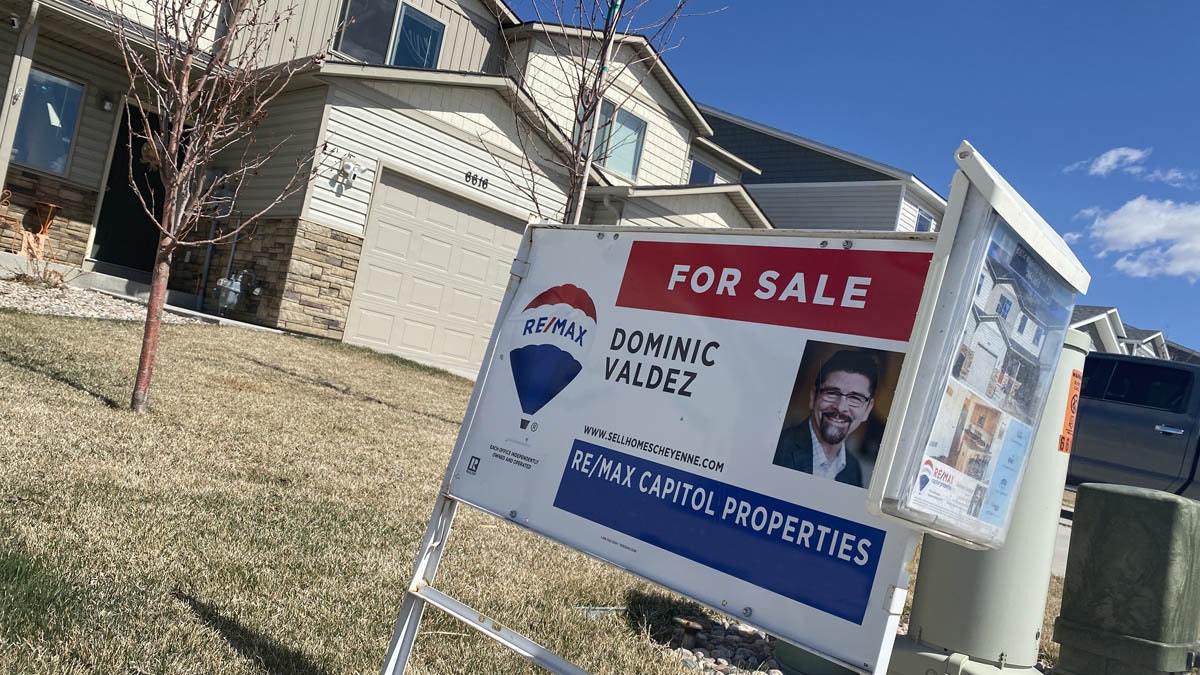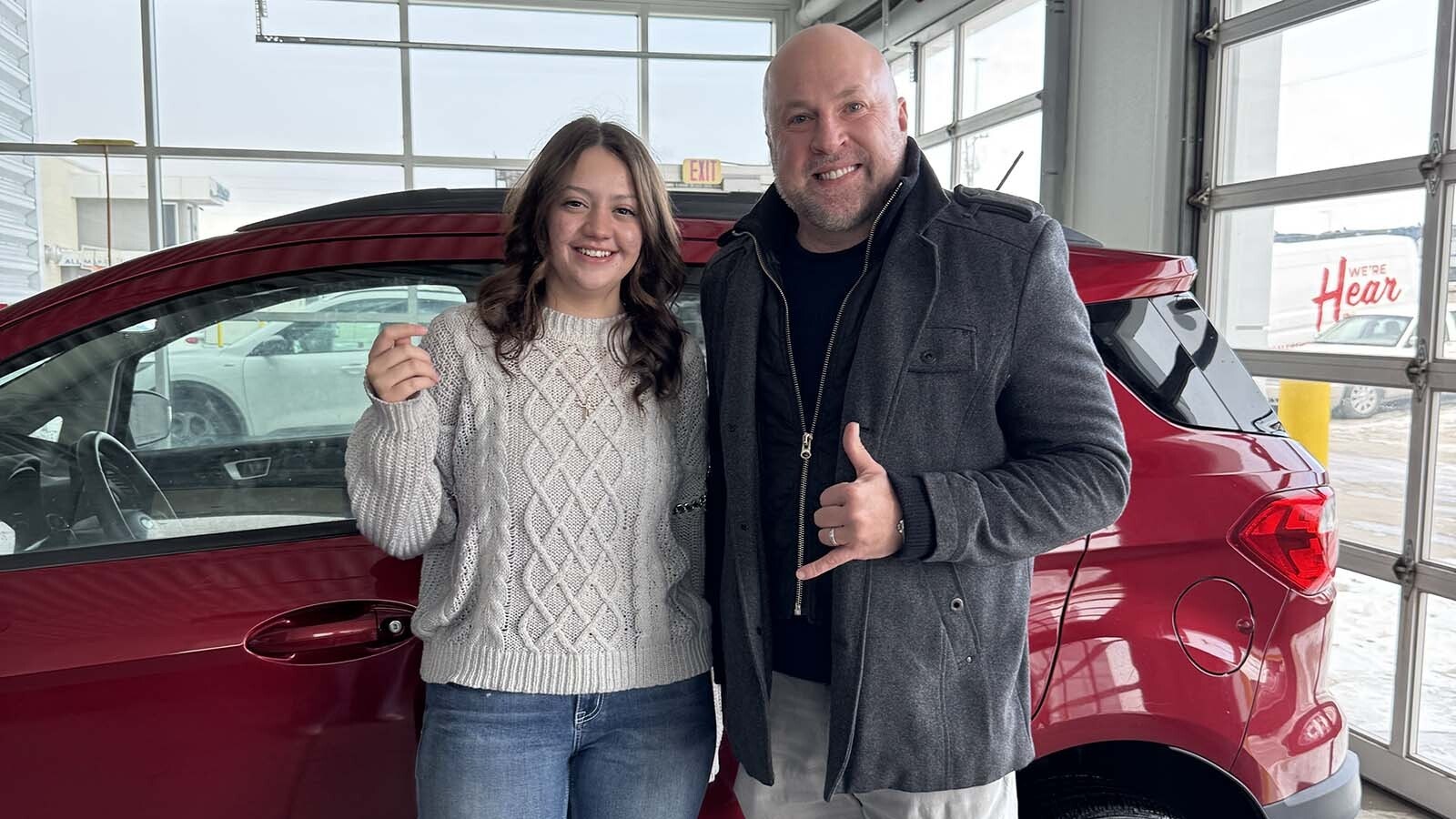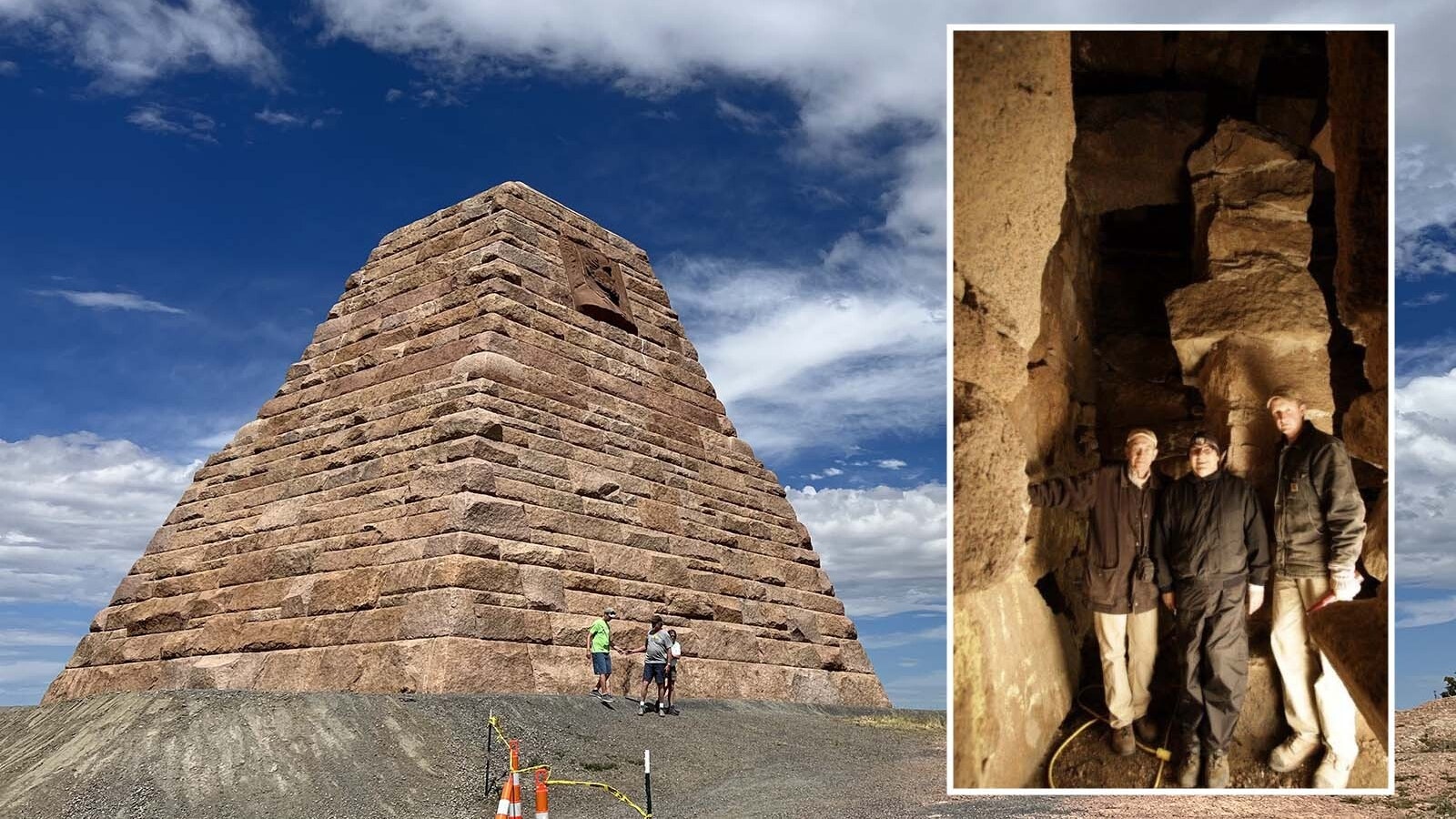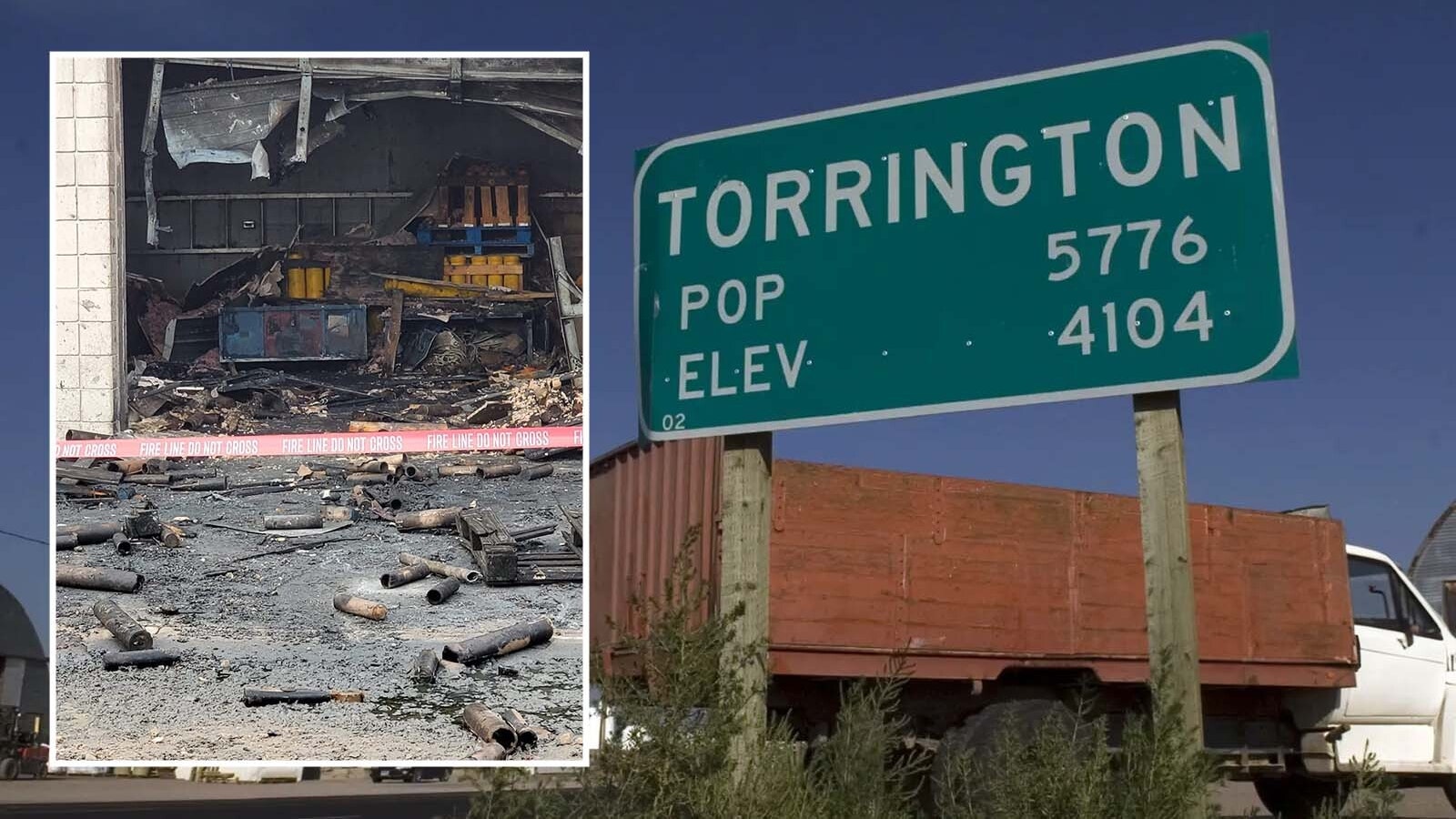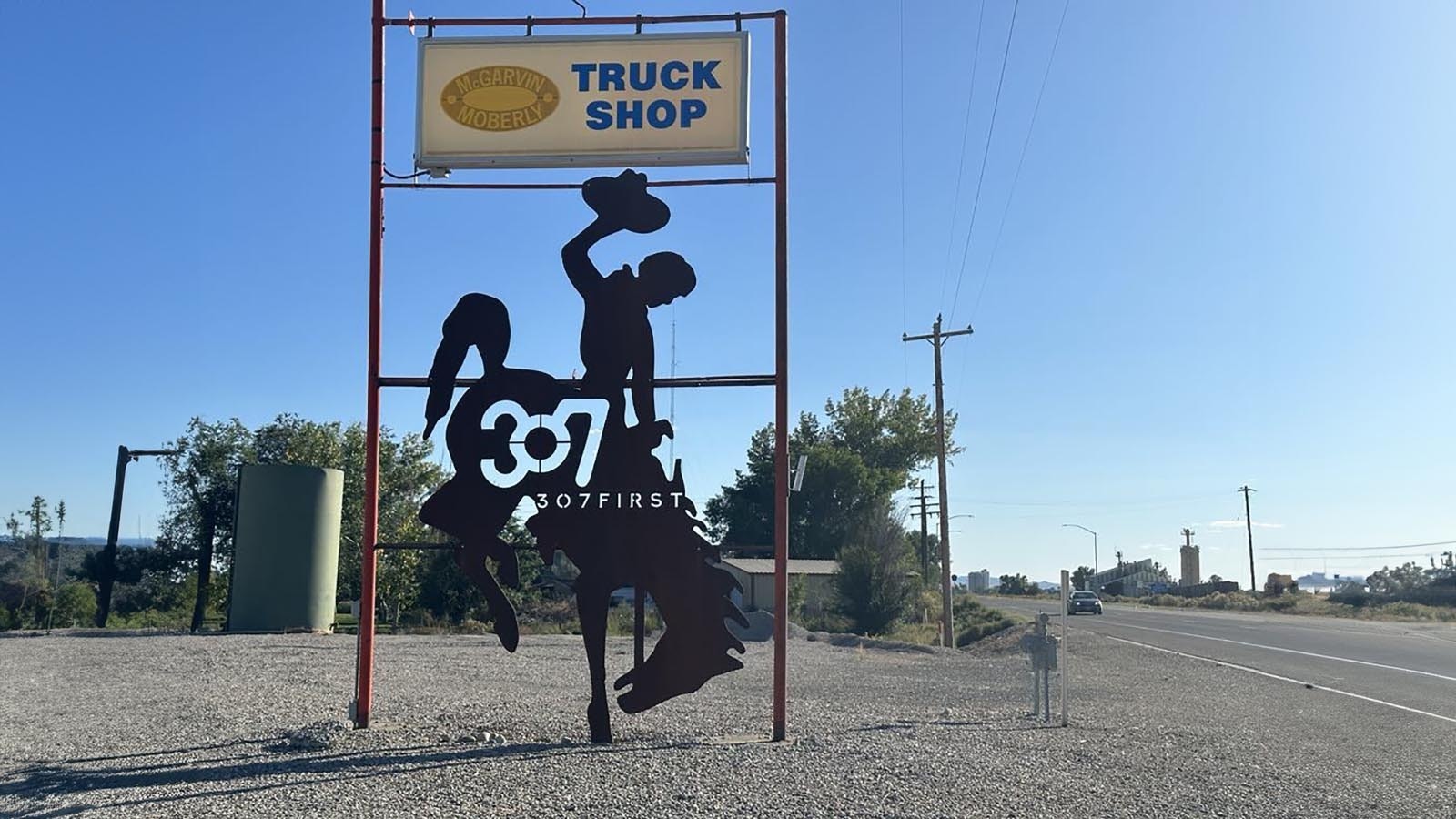It’s hard finding an affordable home in northwest Wyoming.
From Jackson to Cody, residents on a tight budget are finding it more difficult to rent or buy houses – which Is driving some families to move out of the area entirely.
“We’ve watched people leave this marketplace who are our primary service sector workers,” said James Klessens, CEO of Forward Cody, the economic development agency in Cody. “That’s been estimated between 280 and 320 people who have just vanished. And the biggest problem is that people just couldn’t afford to live here.”
Those vanishing residents take more than just their housing dollars with them.
“We’ve lost those kids in the school system, we’ve lost those people in the restaurants and the retail sector, throughout our community,” Klessens said.
As reported in Cowboy State Daily earlier this week, there are more than 1,000 applicants on a waiting list for rental units in Teton County — and when rentals do become available, the cost is exorbitant, with studio apartments starting at $2,000 per month.
Just east of Yellowstone National Park, rentals in Cody are almost as hard to find. Currently, Zillow lists just two rentals in Cody – a three-bedroom, two-bath townhouse for $2,000 per month and a two-bedroom. two-bath house for $2,500.
“I think last year, an average home price was about $265,000,” said Klessens, “It’s probably crossing $380,000 this year.”
Because of these rising costs, Klessens said some workers in the service industries are forced to live in other nearby communities and commute to Powell.
“We watch our service sector slowly get shifted to other communities, having to commute back to work here, if they even will,” Klessens.
Jake Ivanoff, president of the Northwest Board of Realtors, said that unlike Jackson, Cody does accessible communities exist nearby from which people can commute if necessary.
“One thing that Cody has that I believe that Jackson doesn’t is that we have so many other communities like Powell (25 miles away) and even Burlington (35 miles away) and Greybull (53 miles away) that we can expand into,” Ivanoff said. “We also have a lot of land right outside of Cody that we can potentially expand to.”
“In Jackson, every morning, five or six buses show up with people from Driggs, Idaho, or from Star Valley,” said Klessens. “And they drop people off and they go on to do their job. And then at (6 p.m.), they climb on the bus and they go home. Those people do not belong in the community any longer. I mean, they become part of another community.”
Klessens said local leaders are aware that something must be done to address the issue.
“We have to come up with ways that we can create some affordability,” he said. “And I think we can do that by using some public finance for things like infrastructure. I think we can work a lot with people on home buyer education, financial literacy.”
Last year, a group was formed in Cody to develop solutions to the high cost of living.
However, a big hurdle, according to Klessens, is that there’s not a way to find out exactly how many people are in need of affordable housing.
“How do we get the community to talk to us about what they need?” he said. “The scary thing is, is maybe we missed the window, and those 320 people don’t live here anymore. And maybe they don’t want to come back. You know, we don’t know how many people are actually out there knocking on doors, asking for and looking for housing.”
Klessens said that ultimately, it comes down to community partnerships.
“We need to look at people who have resources available to be able to assist in that regard,” he said. “And that may mean you have land that you’d be willing to make available reasonably so that affordable housing projects can be done. I think that we also need to think about the increase in the number of manufactured or modular homes in the community. A lot of people don’t like factory built because they think it’s a lesser quality, and so there’s going to be some paradigm shifts that are going to have to happen.”

